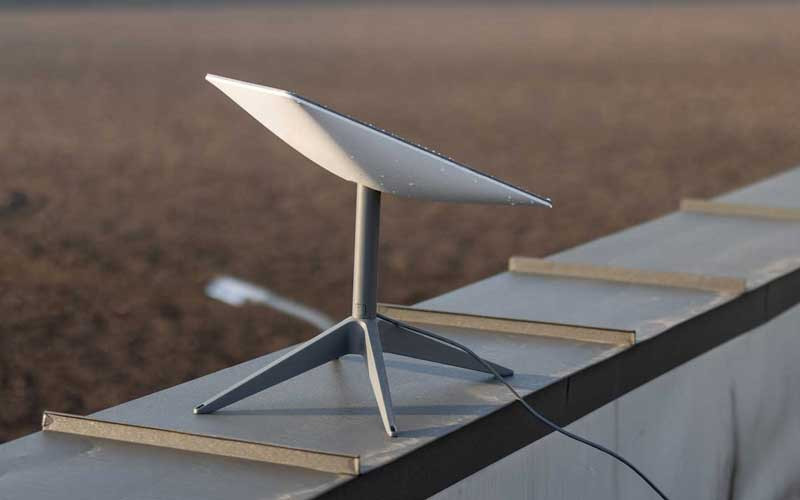
ZIMBABWE’S telecoms sector faces massive disruption with the anticipated entrance of SpaceX’s Starlink, the global satellite internet service giant linked to US tech billionaire Elon Musk into the country soon.
Government has indicated that it would welcome Starlink to operate in the country, a move which industry experts say would significantly lower data and communications costs.
With promises of fast, uncapped cheaper, reliable, and stable internet access, Starlink has the potential to disrupt a market long plagued by poor connectivity, reliability coupled with high costs, and leave local players scrambling to catch up and facing an uncertain future.
On the continent, Starlink already operates in Nigeria, Kenya, Mozambique, Rwanda and Malawi. It also launched in Zambia at the end of last month.
ICT, Postal, and Courier Services minister Tatenda Mavetera said the government was prepared to allow Starlink to operate in the country.
“Zimbabwe is open for business. We heartily welcome all technology that seeks to increase efficiency, increase coverage, and reduce costs for our people,” Mavetera said.
“It must, however, be noted that we are open for business to those who are willing to abide by our laws and regulations. Starlink has not yet paid any application fees as required by our telecommunications laws.”
Zimbabwe's telecommunications sector has long been plagued by network challenges; frequent outages, slow speeds, and unreliable connections have frustrated consumers and businesses alike.
- Twitter alternatives for the Musk-averse
- Village Rhapsody: ZEC wasting time trying to gag social media users
- Business opinion: Branding a service in the age of entrepreneurship and industrialisation
- Village Rhapsody: ZEC wasting time trying to gag social media users
Keep Reading
These setbacks have particularly been felt in Zimbabwe’s rural areas, where access to reliable internet remains a major obstacle to development.
Jacob Mutisi, a technology enthusiast and ICT expert, said Starlink bypasses the need for traditional infrastructure, providing high-speed internet access even in the most remote locations.
“Yes, it is cheaper and easy to deploy because it uses satellites and the rural populations can now access telecommunications services including the internet without interruption,” Mutisi said.
“For the local telecoms like NetOne and Econet, it means more competition and they will be forced to reduce prices.”
Another ICT expert Jacob Mutevedzi said internet service providers must innovate in the face of potential new challenges Starlink would bring.
“I believe in a free market. Innovate or die. Agility is of essence. These internet service providers must fine-tune their game and justify their existence. Of course, some internet service providers will collapse and jobs will be lost but all these so-called negatives immediately pale to insignificance compared to the substantial benefits Starlink will bring to Zimbabwe,” Mutevedzi said.
“Being highly accessible, faster, more reliable, and cheaper, most Zimbabweans will be able to grow and thrive where they can make the greatest economic impact, namely, in their backyard. Starlink brings modern commerce to the doorstep of every rural home.”
He added that for small-scale farmers or businesses, there would be no need to relocate to big cities to access e-commerce or various online opportunities.
“What used to be the preserve of a few privileged urban dwellers is suddenly available to the general populace,” Mutevedzi said.
“This combination of speed, price, and reliability is particularly attractive to businesses and individuals who require high-performance internet access.”
Companies already providing internet services include Liquid Technologies — an Econet subsidiary, TelOne, Powertel, Africom, and Dandemutande among others.
Mobile service providers like Econet Wireless, NetOne and Telecel will also be under pressure from the Starlink ’s fast, cheap, reliable, and stable data.
An official in the telecoms industry, however, pointed out that while internet service providers may be disrupted, the high start-up costs may prove prohibitive for the general public.
Starlink's advantage lies in its superior technology, with reports in Zambia suggesting download speeds exceeding 1000 Mbps, way faster than what most Zimbabweans currently experience.
Once off set up costs in that country are at about US$500, with monthly flat charge of US$36.






